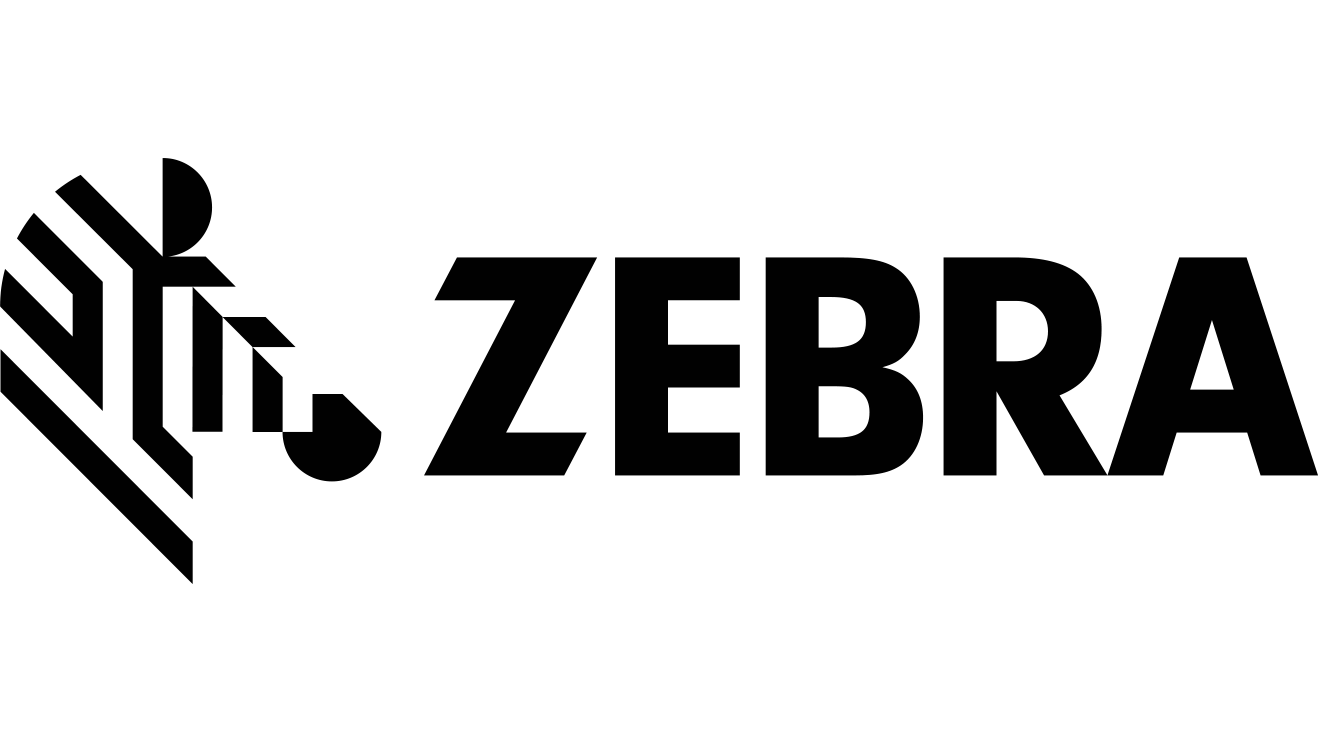Manhattan Active® EQ
At Manhattan, we are embracing and applying behavioral intelligence techniques and technologies within our solutions to help create your most optimal outcome, every time.
Contact Us
Staying in Touch With Our Human Side

Provide Control
We all have an innate need to feel autonomous; to feel that we are in control of our own interests, and to choose our own course of action.
Enhance Activities
We apply the characteristics of game elements to enhance activities and processes, making them more engaging and fulfilling.
Reassure Competence
We all have an innate need to feel competence - to feel that one does things well or can improve one's ability.

Gamify Operations
We use game-design elements and game principles in non-game contexts like supply chain and commerce operations.
Gamify Engagement
We inspire your employees on a whole new level with real engagement based on research conducted to find out exactly what motivates people to do a great job.
Gamify Goals
We set individual and team-based goals, with tracking and achievement features that provide real-time feedback to the workforce.

Evaluate Performance
Identify and examine factors that hinder or improve performance.
Make Improvements
Systemically curate and cultivate improved individual and organizational performance.
Establish Benchmarks
Continuously monitor and review performance at the individual resource level to establish real-time standards for performance benchmarks.
Gamification in Warehouse Management
Manhattan's goal is not to create digital games for the warehouse, but to instead gamify the entire DC itself. Every task – like picking, packing, and slotting – is embedded with gamification techniques to help associates achieve new personal records for performance.
-

Employee Engagement
The future is more than labor management, it is the engagement of Millennial and Gen-Z workers who are accustomed to a mindset that any information needed is available, at any time, from anywhere, including weather, sports scores, directions, and messaging with friends.
-

Performance Dashboards
Get personalized views of overall individual, team, and relative performance, long and short term challenges, points accumulated and in the moment motivation.
-

Recognition and Rewards
Provide in-app congratulations and achievement acknowledgement with an available marketplace to redeem points earned.
Labor Remains the Toughest Challenge
The volatility and scarcity of experienced and skilled labor remains one of the toughest challenges for supply chain execution leaders today. We can help.
-

Find and Keep Skilled Workers
Retaining a workforce is easier when teams are engaged and inspired by having more fun at work.
-

Increase Productivity
Organizations are more productive when team members are working together to reach common goals, competing to improve performance, and working harder to reach award milestones.
-

Manage Labor Costs
Historically financial incentives have been the most used motivator within supply chain execution organizations, but increased salaries usually result in temporary gains, compared to personal achievement and competitive drive.
Everything Works Better With Manhattan Solutions
Manhattan offers a complete breadth of solutions that when unified, provides total coverage for your supply chain commerce needs.

Warehouse Management
Control demand, supply, labor, and automation across your entire network with Manhattan Active® Warehouse Management.

Transportation Management
Manage every carrier, rate, route, and load with Manhattan Active® Transportation Management.

Point of Sale
Empower store associates with Manhattan Active® Point of Sale, a POS built to turn the store into an experiential showroom, customer service center, and neighborhood fulfillment point.
Frequently Asked Questions
Everything you wanted to know about behavioral intelligence.
Gamification is the use of game elements and mechanics, such as points, badges, and leaderboards, in non-game contexts in order to engage and motivate people to achieve their goals.
Gamification can be used to inspire people to learn new skills, complete tasks, adopt new behaviors, and increase employee productivity.
Motivational Determination Theory posits that there are three types of goals that people pursue: competence goals related to the desire to acquire new skills or knowledge, relatedness goals related to the desire to form and maintain social connections, and autonomy goals related to the desire to act independently and have control over one's own life.
Motivational Determination Theory suggests that people are more likely to be motivated and engaged when they have the necessary resources and support to achieve their goals, and when they feel that their goals are congruent with their values and self-perceptions.
Gen Z and millennial workers are motivated by a variety of factors, and individual differences will always play a role in what motivates any particular person. However, there are a few general factors that may be particularly important for motivating millennials:
- Purpose and meaning: Many millennials are motivated by the desire to make a positive impact and to find meaning and purpose in their work.
- Flexibility and work-life balance: Millennials place a high value on work-life balance and may be more motivated by opportunities for flexible work arrangements or the ability to work remotely.
- Development and growth: Millennials are often highly ambitious and motivated by the opportunity to learn and grow in their careers.
- Feedback and recognition: Millennials may be more motivated by regular feedback and recognition for their contributions and accomplishments.
- Workplace culture: A positive and inclusive workplace culture can be a strong motivator for millennials.
Gen X are motivated by a variety of factors, and individual differences will always play a role in what motivates any particular person. However, there are a few general factors that may be particularly important for motivating Gen X workers:
- Career advancement: Many Gen X workers are motivated by the opportunity to advance in their careers and take on new challenges.
- Work-life balance: Gen X workers place a high value on work-life balance and may be more motivated by opportunities for flexible work arrangements or the ability to work remotely.
- Job security: After experiencing economic downturns and uncertainty earlier in their careers, many Gen X workers may be more motivated by job security and stability.
- Feedback and recognition: Gen X workers may be more motivated by regular feedback and recognition for their contributions and accomplishments.
- Workplace culture: A positive and inclusive workplace culture can be a strong motivator for Gen X workers.
Meet Our Partners
We deliver added value through partnerships with these best-in-class vendors.



